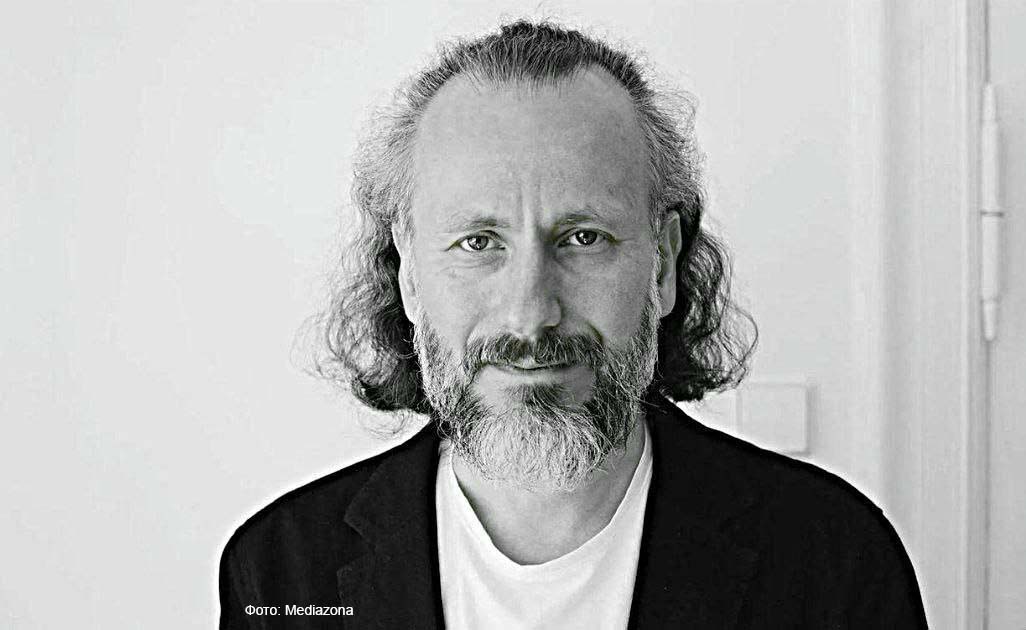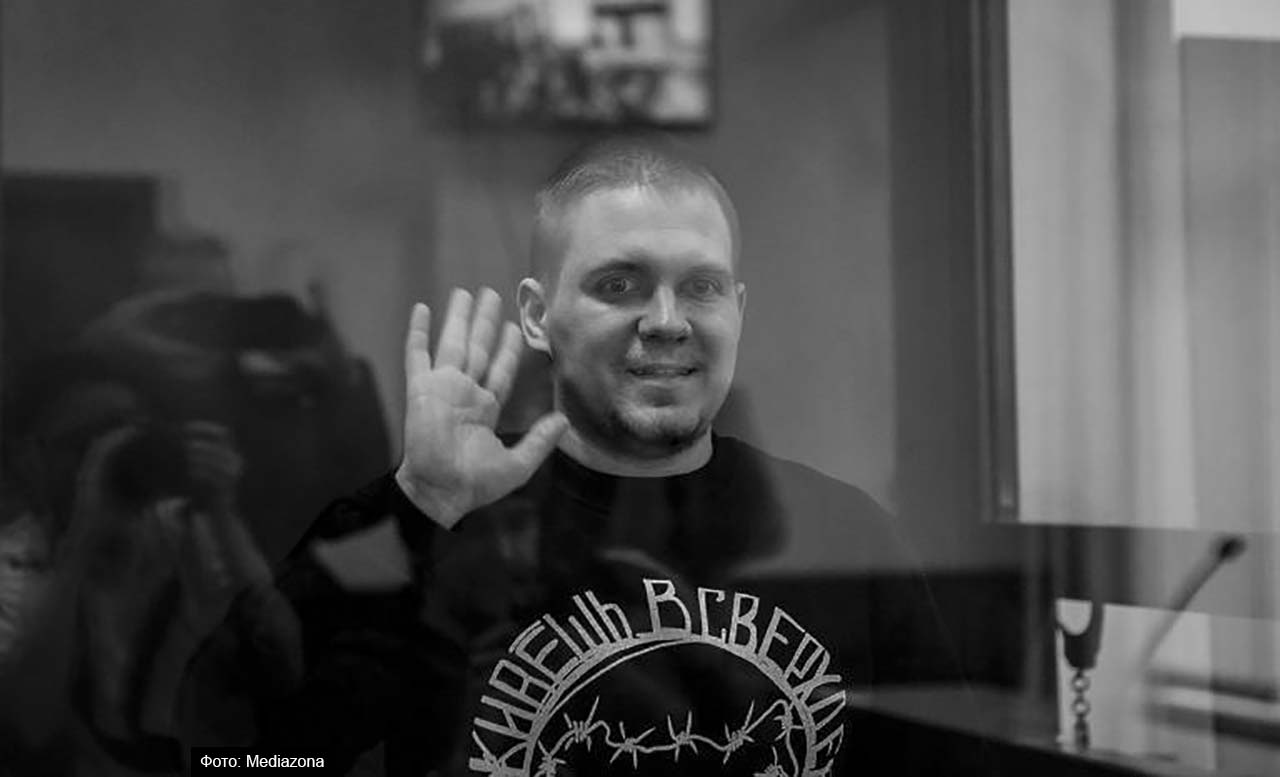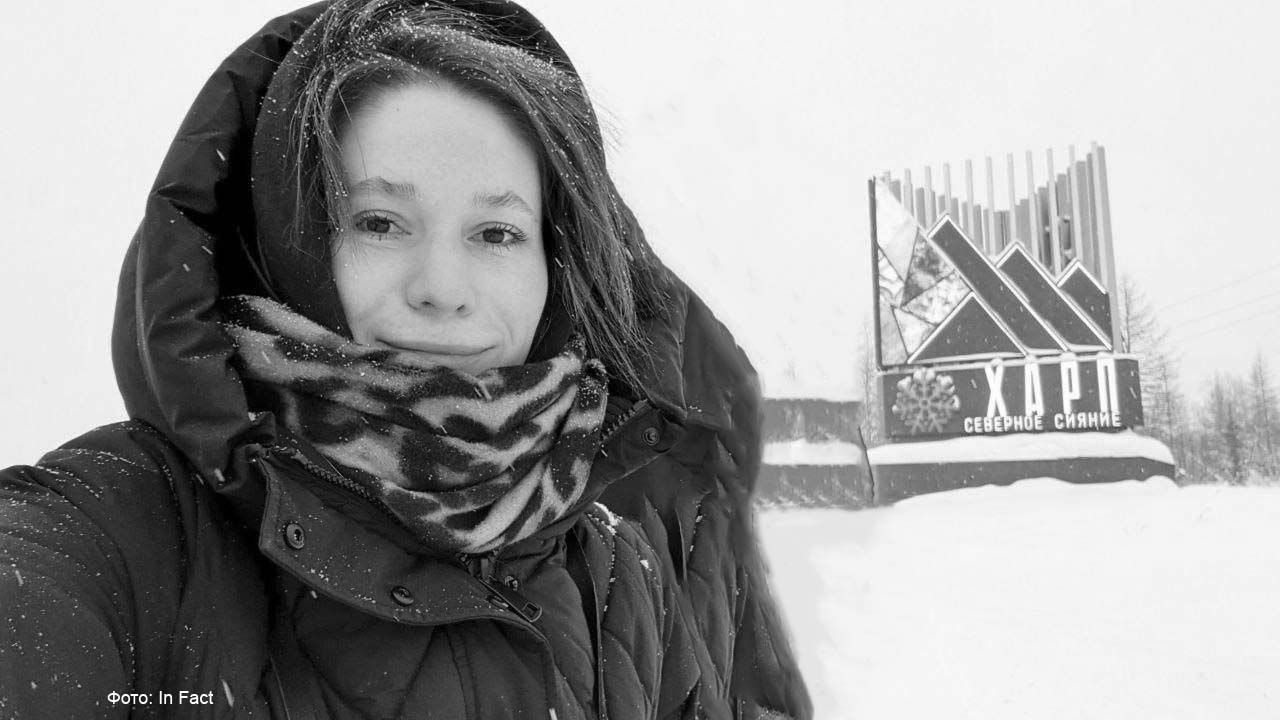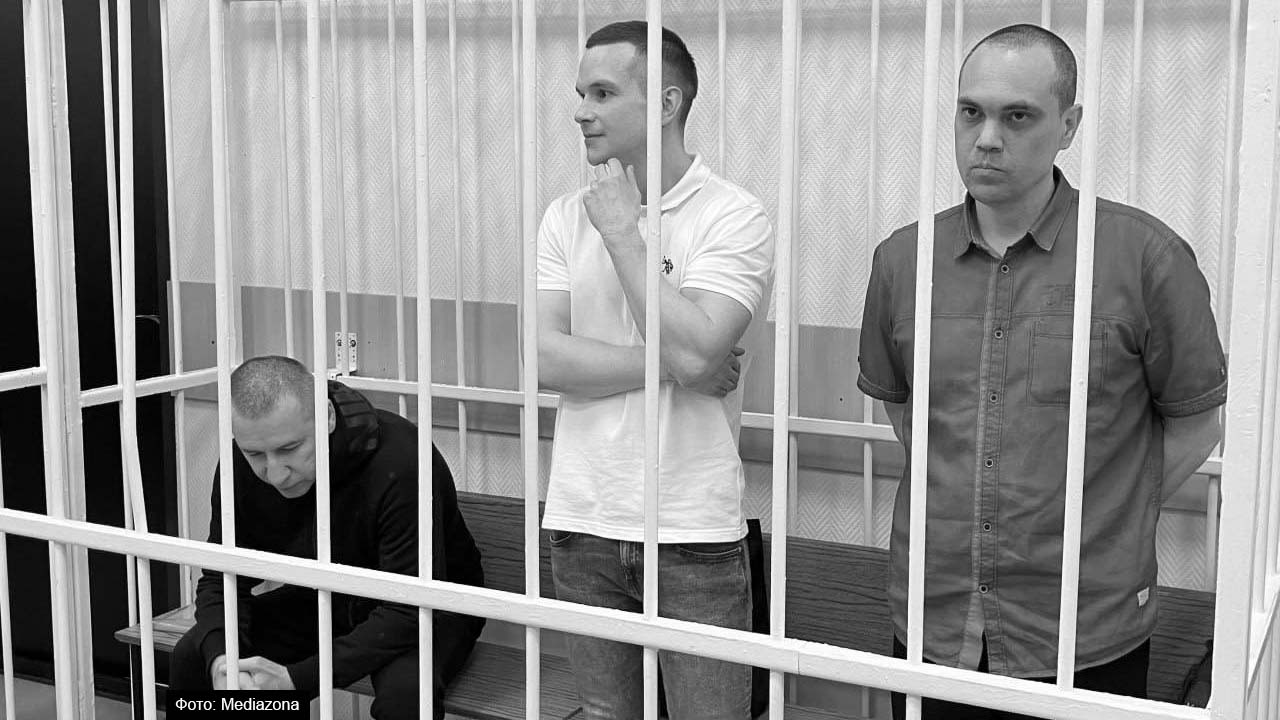
The Story of Sergey Lukashevsky, Sentenced to 8 Years for Sharing Official UN Statements
The Story of Sergey Lukashevsky, Sentenced to 8 Years for Sharing Official UN Statements
Since May 2024, the Moscow District Court of Nizhny Novgorod has been reviewing a criminal case against the former head of the “Sakharov Center,” Sergey Lukashevsky. He was charged with spreading “fakes” about the Russian army—specifically, with disseminating knowingly false information about the Russian Armed Forces motivated by political hatred (Clause “d”, Part 2, Article 207.3 of the Criminal Code of the Russian Federation).
As Sergey Lukashevsky had left the Russian Federation, the case was conducted in absentia.
On November 18, the Moscow District Court found Sergey Markovich Lukashevsky guilty of the aforementioned offense and sentenced him to 8 years in a general regime penal colony. As an additional punishment, he was prohibited from administering internet resources for one year.
We will examine this story from three perspectives: Pro, Contra, In fact.
Contra
In early 2023, a student from the Nizhny Novgorod Humanitarian-Technical College filed a complaint with local law enforcement, expressing outrage over Lukashevsky’s social media posts and his YouTube comments criticizing the actions of the Russian army in Ukraine.
An investigation followed, examining Lukashevsky’s social media activity. Five Facebook posts attracted special attention. Experts conducted an analysis, which political scientist Sergey Ustinkin later converted into an expert report. According to the report, Lukashevsky’s posts were driven by political hatred and exhibited a hostile attitude toward Russian authorities, aiming to foster a negative perception of the Russian military.
A criminal case against Lukashevsky was initiated in March 2023 and sent to the Moscow District Court on April 4, 2024.
The trial spanned 12 hearings. The prosecution requested an 8.5-year prison sentence and a 4-year ban on managing websites and public pages.
Lukashevsky did not plead guilty to the charges.
On November 18, 2024, he was found guilty under Clause “d”, Part 2, Article 207.3 of the Russian Criminal Code and sentenced to 8 years in a general regime penal colony, plus a one-year ban on administering internet resources.
On December 2, 2024, the verdict was appealed by Lukashevsky’s defense attorney.
Pro
In court, Lukashevsky’s testimony—read by his attorney—listed official UN reports that he had cited in his posts. These included UN General Assembly demands for immediate withdrawal of Russian troops from Ukraine, references to events in Bucha, and comments on the referendums held in occupied Ukrainian territories.
Lukashevsky stated his agreement with a resolution declaring Russia’s actions in Ukraine a violation of the UN Charter. He also noted that Russian laws on army “discreditation” and “fake news” were rushed into law and contradict the Russian Constitution.
“Political repression not only tramples human rights—it’s always based on lies, distortions, and lack of logic,” he said. “I did not report facts but expressed opinions. I am being prosecuted for posts made on a platform banned in Russia, which citizens shouldn’t even be able to access. And the complainants couldn’t even specify what information upset them. None of them claimed to have been misled.”
Lukashevsky’s attorney argued that the psychological and linguistic expert opinions in the case were inadmissible as evidence. The accusation of political hatred was deemed arbitrary: “How can one draw such conclusions without even questioning Lukashevsky? The prosecution consulted a political scientist, not a psychologist. Meanwhile, a psychologist called by the defense testified that there were no verified data regarding Lukashevsky’s motives. Ustinkin’s conclusions exceeded his competence as a historian-political scientist and were subjective and unverifiable.”
The defense maintained that the Russian Constitution guarantees freedom of opinion and information, and Lukashevsky’s prosecution violates those rights. “Posting online is not a crime,” the lawyer concluded.
In Fact
Here are the specific Facebook posts by former Sakharov Center head Sergey Lukashevsky that formed the basis of the criminal case and led to the harsh sentence:
- A post about the killings of civilians in Bucha, along with a reference to the 2000 massacre in Novye Aldi (a village in Chechnya where Russian federal troops and riot police killed dozens of civilians during a “cleansing” operation).
- A post stating: “By launching a war to subjugate Ukraine, Russia is destroying Ukrainian towns and villages, killing and enslaving its people.”
- A post saying: “An unjust, aggressive war—deaths of women, children, and the elderly, violence and looting, the destruction of cities—it is unbearable to witness countless war crimes, lies, and atrocities committed by one’s own country, in its name.”
- A post lamenting: “Through the bitterness of thoughts for those who have already died, been wounded, or lost their homes due to this terrible war…”
- A congratulatory post to Memorial for winning the Nobel Peace Prize, saying: “All the horrors now being committed by the Russian army and security services in Ukraine—attacks on civilian targets, abductions and extrajudicial executions, referendums at gunpoint—had already occurred years ago in the North Caucasus. Memorial documented it all meticulously and bravely.”
The most sensitive content for the Russian state were the posts related to the events in Bucha.
As for those events, Human Rights Watch produced a report based on interviews with numerous witnesses who testified to crimes committed by Russian forces.
Investigations were also conducted by the BBC, AFP, Associated Press, Radio Liberty, NBC News, and The New York Times.
The massacre in Bucha was condemned by European Parliament President Roberta Metsola, European Council President Charles Michel, European Commission President Ursula von der Leyen, NATO Secretary General Jens Stoltenberg, German Chancellor Olaf Scholz, Foreign Ministers Annalena Baerbock (Germany) and Jean-Yves Le Drian (France), U.S. Secretary of State Antony Blinken, and many other public figures, politicians, economists, and journalists worldwide.
In response to the Bucha events, European countries expelled around 200 Russian diplomats.


